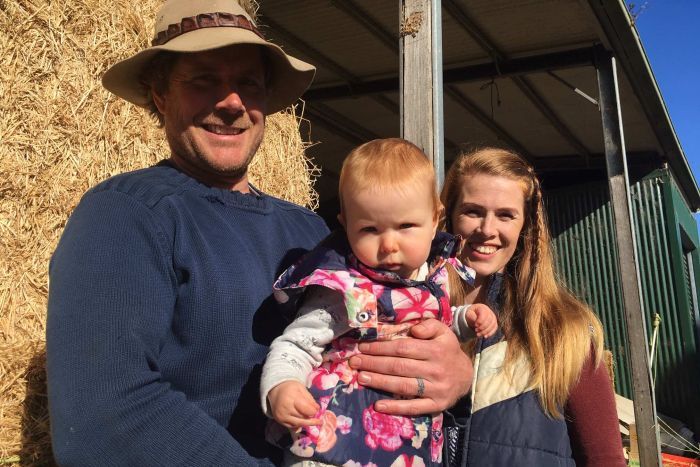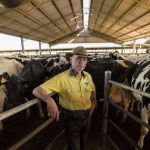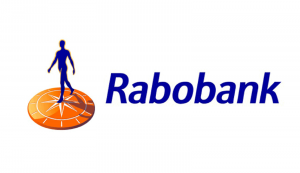
Boutique farms across New South Wales are choosing to bypass processors in favour of on-site processing in an effort to create more sustainable farming practices, set a more reasonable price for their products and create niche products to sell directly to their consumers.
On the state’s south coast, where many dairy farmers are struggling off the back of a three-year drought, The Pines Micro-Dairy in Kiama milks just 26 cows.
It is a small operation, but one with big ideas.
All the products on Kel and Mahlah Grey’s micro-dairy are processed and packaged on the farm, before being sold at farmers markets between Kiama and Sydney.
Quality not quantity
Mahlah Grey said, unlike most other dairy farmers, they were able to control their price point, by selling directly to consumers.
The farm faced fewer challenges than some others in the region, she said.
“Controlling our price gives us more security.”
More recently, the Greys have started making cheese and developing a range of boutique products to complement their milk.
As a sixth-generation farmer, Kel Grey knew he had to think outside the box with their products if they were going to survive as a business.
“We expanded into cheese and yoghurt and we are still experimenting with that,” Mr Grey said.
“We are in the best position we have been in for three years.”
On the mid-north coast, an hour west of Port Macquarie, Ian McKittrick runs a small number of Jersey cows and sheep at Ewetopia and creates his own niche sheep-milk products including cheese and yoghurt.
These are processed and bottled on his farm.
Like the Greys, Mr McKittrick is more interested in producing a high-quality product, than large amounts.
“Sheep-milk products do give us a point of difference,” Mr McKittrick said.
“Sheep’s milk is high in fat and protein and that is what cheese is all about,” he said.
Ewetopia sells its boutique sheep’s cheese at farmers markets and to upmarket restaurants but Mr McKittrick said they did have plans to sell more widely eventually.
“We thought we would be at that point now, but because of the drought, no,” he said.
And even though they don’t make a lot of money selling their milk they know it is a good product, and enjoy the contact with their regular customers.
“We do have very loyal customers here, and it has been more about meeting our local supply,” he said.
Selling directly to consumers creates appreciation for farmers
Both The Pines Micro-Dairy and Ewetopia rely on their local farmers market for direct contact with their consumers.
Trisha Ashelford, who runs two farmers markets on the NSW south coast, said their success showed many people wanted direct contact with their local farmers.
“Having a direct base is so important,” Mrs Ashelford said.
“Farmers are actually getting the right price for their products.
“It is also an education process for consumers because they can chat to farmers, find out where their food comes from and how much it costs to produce,” she said.

























